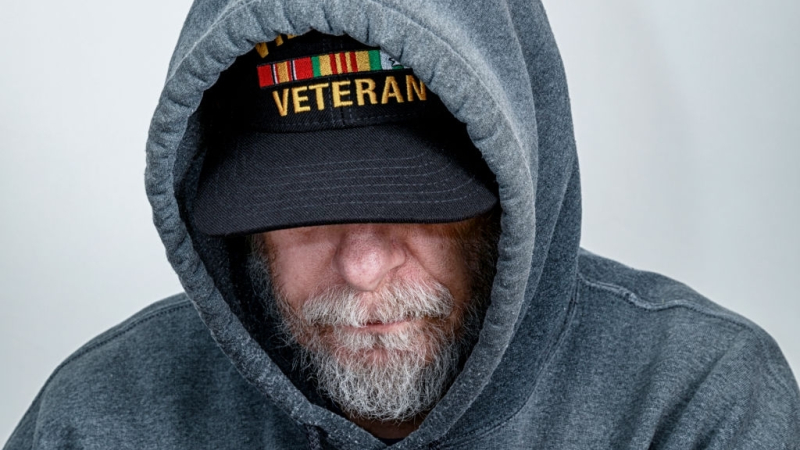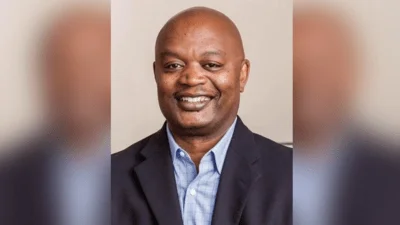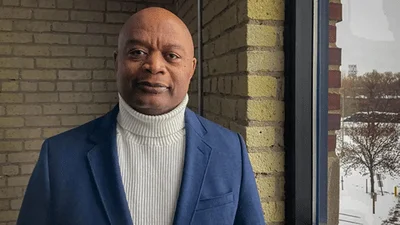The bill was designed to help veterans with PTSD, trauma or mental health struggles receive needed treatment instead of criminal sentences. | Stock Photo at Getty Images
The bill was designed to help veterans with PTSD, trauma or mental health struggles receive needed treatment instead of criminal sentences. | Stock Photo at Getty Images
The Minnesota Senate recently unanimously approved The Veterans Restorative Justice Act, a bill that aims to divert at-risk veterans toward probation and social service programs instead of jail time when they commit certain less-severe crimes.
Sen. Roger Chamberlain (R-Lino Lakes) introduced the bill to help veterans with PTSD, trauma or mental health struggles receive treatment instead of criminal sentences, according to the Minnesota Senate Republican Caucus.
“So many veterans experienced trauma during their service – trauma that stayed with them for a long time and leads to a litany of other battles,” Chamberlain said. “It is our duty to help these veterans receive treatment instead of incarceration when they commit crimes because of struggles they are facing due to their service. It’s the right thing to do.”
The bill recommends that veterans that have committed an offense that is below a severity level 7 on the state’s sentencing grid, be eligible for the diversionary program. The offender will also have to swear that the offense was committed due to one of several factors: Service-connected sexual trauma, a traumatic brain injury, PTSD, a substance abuse disorder or mental health condition to be eligible for diversion. All claims will be investigated by the court. Veterans will also be required to plead guilty and accept certain conditions of the court, including remaining sober and completing treatment programs.
Several counties have implemented veterans treatment courts to help veterans receive treatment for less severe crimes instead of prison.
The Veterans Restorative Justice Act is not a mandate; it simply provides a statutory set of guidelines for veterans’ treatment in courts. The Senate approved the same bill in the August special session as well, but it did not pass the House at that time.



 Alerts Sign-up
Alerts Sign-up